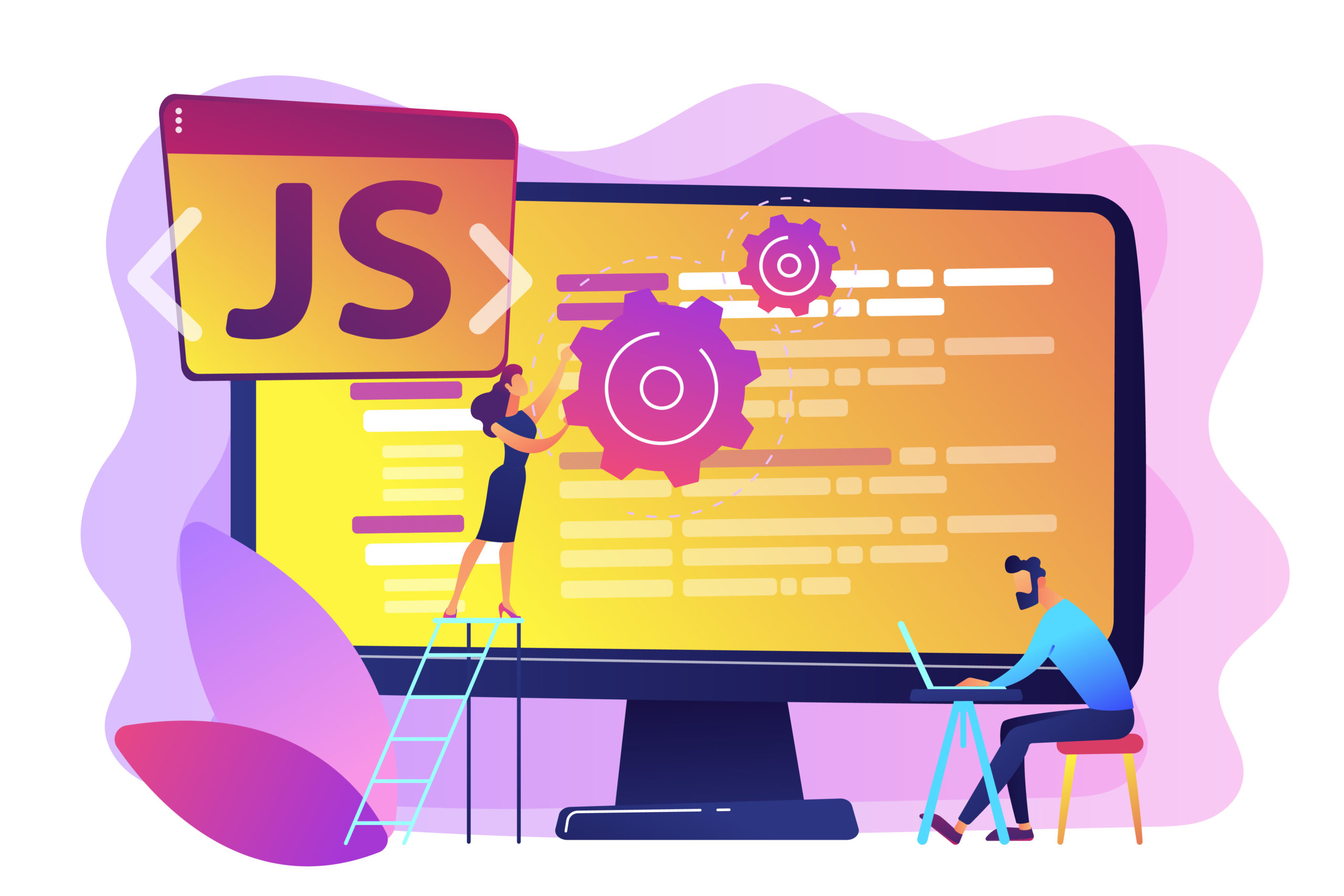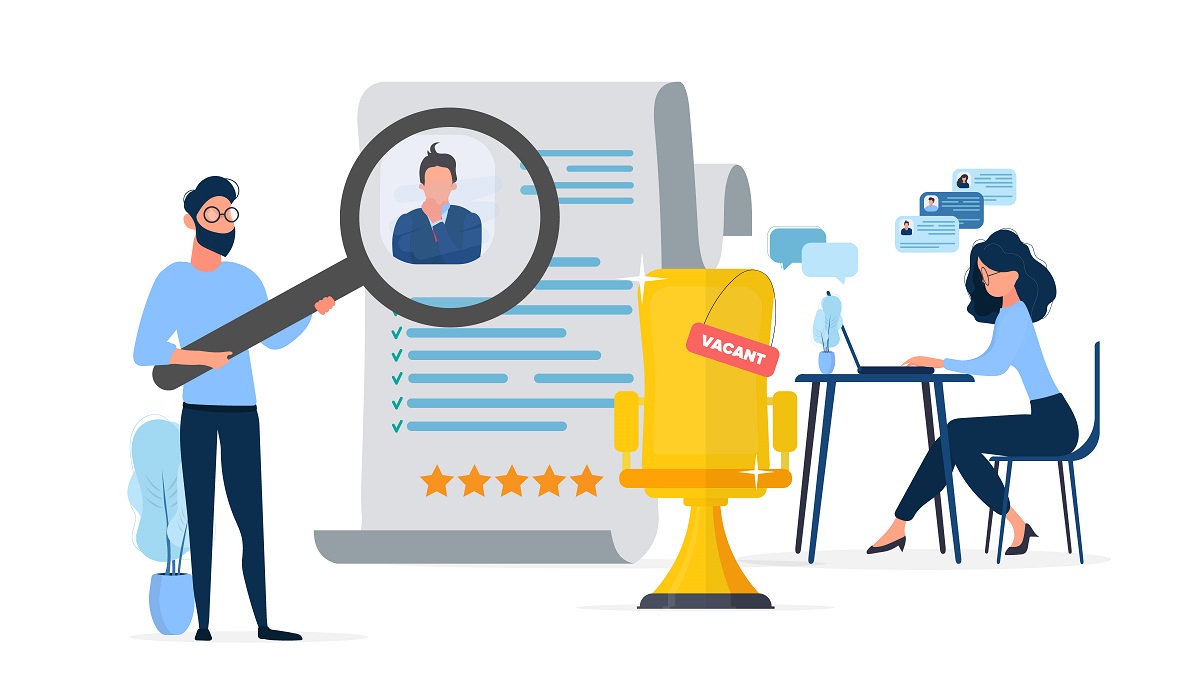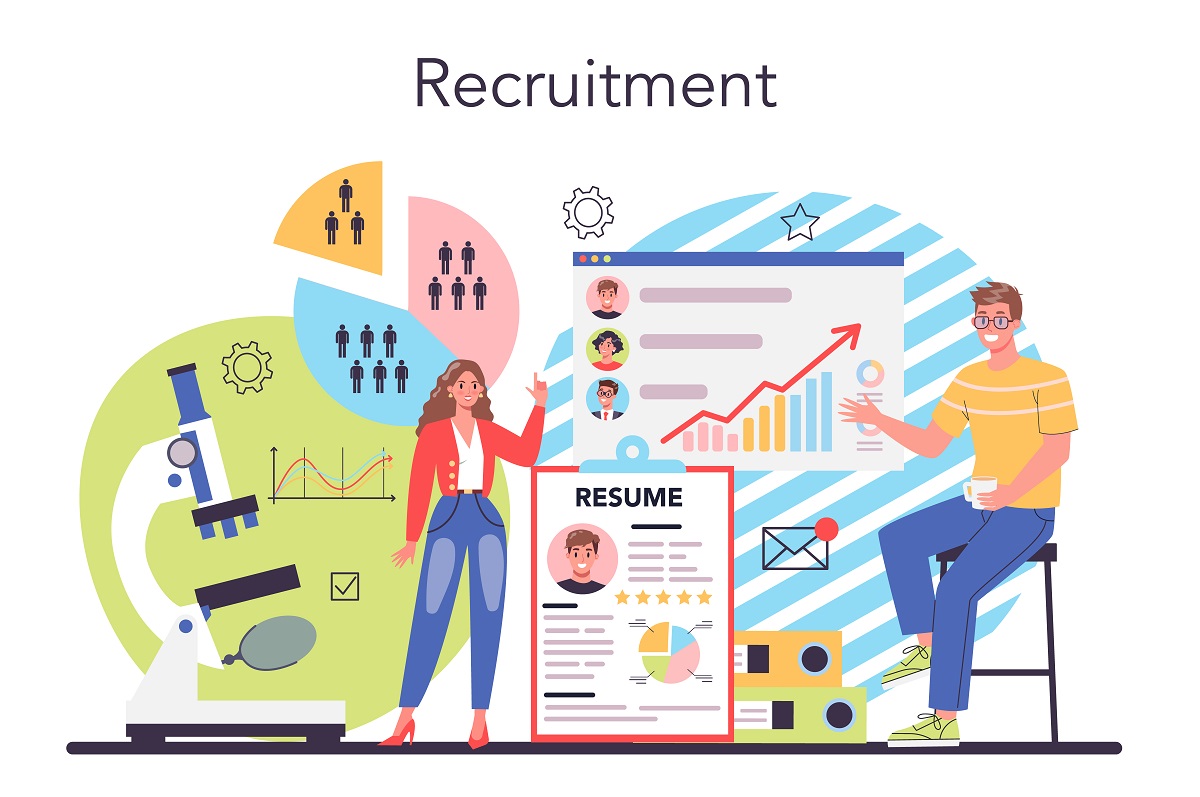Remote Interviews , Remote Staffing
Do’s and Don’ts for remote interviews for software developers
Dressing up for an interview and traveling with a folder with your resume and accolades...
As per Glassdoor Data Engineering ranked in the top 15 of “50 Best Jobs in America for 2022” in order of demand, having 11,821 job openings as of today. It also earned a Job Satisfaction score of 4.0/5 and offers a median Base Salary of $113,960 making it a trending and lucrative career opportunity for 2023!
Data engineering has emerged as a critical function for businesses in today’s digital age, and it has become an indispensable part of modern business operations. With the ever-increasing volume and complexity of data and the increasing demand for data-driven decision-making, the demand for skilled data engineers has also surged. Organizations are now relying on skilled data engineers more than ever to maintain, store, and analyze vast amounts of data along with designing and building robust data architectures.
However, hiring the right data engineer can be a challenging task, especially for businesses new to this field or the ones lacking resources such as a dedicated HR team with extensive IT recruitment experience.
With remote hiring becoming increasingly popular, businesses need to adapt to the new hiring process to find the right candidate for the job.
Today we will discuss the potential growth of data engineering and why hiring a data engineer is important for SMB and enterprise businesses both. Furthermore, we will discuss six practical and effective tips for hiring data engineers, what to look for in a data engineer, and best practices for conducting data engineer interviews that’ll help you hire data engineers remotely.

With the growing volume, variety, and complexity of data generated by businesses and organizations, there has been a significant increase in demand for professionals that can support advanced analytics and machine learning applications. Hence, data engineering has emerged as a key discipline over the past few years.
One of the most notable trends in data engineering has been the adoption of cloud-based platforms and tools, which have made it easier and more cost-effective to store, process, and analyze large datasets.
As per Dice’s Tech Job Report, Data Engineer job postings increased by 42.2% in volume from 2021 to 2022. And it has ranked 6th in the “Top 50 Tech Occupations”.
Meaning, data engineering continues to evolve rapidly as new technologies and methodologies emerge, making it an exciting field for professionals who are passionate about solving complex data-related challenges.
As per the World Economic Forum, it’s estimated that by 2025, 463 exabytes of data will be created each day globally (an equivalent of 212,765,957 DVDs).
Based on these statistics, it’s safe to infer that the growth of data engineering shall continue year-on-year as the amount of data being generated continues to increase at an unprecedented rate. In fact, the global data engineering market is anticipated to grow at a CAGR of 20.9% between 2020 and 2025, reaching a market size of $5.5 billion by 2025.
You should keep these 6 tips in mind if you want to increase your chances of finding the right data engineer to fit your business needs:
The traditional approach of hiring an on-site team has been a popular choice, but with the advancements in technology and post-pandemic, remote teams are becoming more feasible and popular. A hybrid team, which combines on-site and remote workers, is also an ideal choice.
If you’re looking to build a hybrid team or a purely offshore team, you’ll need to consider the level of overlap required with your offshore team. Factors such as communication, collaboration, and time zone differences will need to be taken into account when deciding which approach is best for your business. Ultimately, the choice of which approach to use largely depends on the specific needs of the business.
In the case of big data and data analytics projects, there is a central core team that stays onsite mostly and manages the remote partners and resources. Big data require DBAs to work 24×7 and Data Engineers can work as per the need of the project in a specific timezone. This part can be easily managed by the remote teams and it makes sense to engage a cost-effective offshore data engineering team.
Depending on the nature of your business, you may need data engineers with experience in the same or a similar industry and/or knowledge of very specific cloud and data tools.
For example, a health-tech or fintech company may prefer data engineers with relevant experience in their respective fields and you may need data engineers to convert, build, and manage databases consisting of complex healthcare data from various healthcare settings and source systems. In other cases, you may want to hire an ETL developer with specific experience in Azure Data Factory. It’s essential to clearly define your requirements and preferences before beginning the hiring process to ensure you find the right fit for your organization.
When hiring data engineers, it is essential to consider the right mix of experience levels and roles for your team. Data architects, data engineers, and ETL/SQL developers are some of the key roles that should be part of your data team. The ideal team size and mix will depend on your specific business needs and scalability too.
It is also important to have a clear big picture that helps you determine important details like whether you are looking for just one resource or an entire team; whether you need more people right now or a bigger team later, etc. Having team leaders and architects on board first can help you build a strong foundation, and you may want to let them decide on the next set of people. By considering these factors, you can future-proof your data team’s structure and ensure success in the long run.
If you decide on hiring a remote data engineer, one of the major factors to consider is the budget and location of the candidates. Working with offshore data engineers in countries like India can be a cost-effective option for businesses looking to hire data engineers on a budget. On the other hand, nearshore data engineers from countries like Latin America (LATAM) may not be as cost-efficient but can offer advantages like being in a compatible time zone, making communication easier for businesses based in North America.
However, the budget should not be the only consideration when hiring remote data engineers. It is important to also evaluate the skills, experience, and communication abilities of potential candidates, regardless of their location.
When it comes to hiring data engineers, one of the factors to consider is the timescale of your team’s needs. Some may require a long-term commitment while others may need a data engineer for specific projects or on a part-time basis only. This decision will have a significant impact on the type of data engineer you should hire. For example, you may need a data architect only for a few hours a week or a BI Developer for the long term, depending on your business needs.
Starting small and gradually building a team as required can be a prudent approach – this will allow you to test the waters and help you avoid wasting resources by hiring too many people too quickly. Hence, it’s crucial to assess your data engineering requirements and hire accordingly to ensure that your data team is scalable and aligned with your business goals.
Picking a competent hiring panel or a trusted recruitment partner is crucial when it comes to hiring the right data engineer. Your hiring panel should consist of experienced data engineering professionals who possess a deep understanding of data engineering and related fields and have a thorough understanding of the skills and qualifications required for the role.
You can also consider partnering with a recruitment vendor who specializes in sourcing and selecting top-tier data engineers. However, it’s important to ensure that your recruitment partner is competent enough to screen and identify the right talent. Ensure that the vendor has the necessary expertise and prior experience in similar data engineering projects. This will ensure that you get access to a pool of highly qualified candidates that will lead to better quality candidate selection, thus resulting in more successful hires!
The remote hiring process has become the new norm in the post-pandemic world. As such, companies must have a strong remote interview process in place. Here are some best practices to ensure you are hiring the best possible candidates for the job:
● Preparing for the interview process
Before the interview, make sure to prepare a list of interview questions and review the candidate’s resume, work experience, and skills. Set up the interview time and make sure you have access to the necessary technology and equipment for a smooth remote interview.
Create a structured interview process that outlines the interview questions and evaluation criteria. Make sure to communicate your expectations (if any) with the candidate in advance.
● Asking the Right Questions and Evaluating Responses
Ask behavioral-based questions to assess how candidates have handled situations in the past. Ask open-ended questions to assess the candidate’s critical thinking and problem-solving skills.
Make sure that the questions are tailored to the specific role and experience level of the candidate. Listen carefully to the candidate’s responses and ask follow-up questions to gain a better understanding of their thought process.
● Assessing Technical Skills and Overall Fit during the interview
Evaluate the candidate’s overall fit by assessing their communication skills and cultural fit with the organization. In addition to evaluating the candidate’s soft skills, it’s essential to assess their technical skills for the role.
Provide practical technical problems and observe how the candidate approaches and solves them. You can use coding challenges, whiteboarding exercises, and other technical assessments to evaluate the candidate’s ability to perform the job.

Essential Skills (including Certifications):
● Expertise in programming languages, including but not limited to Python, SQL, and R.
● Proficiency in big data tools such as Hadoop, Spark, and NoSQL databases.
● In-depth knowledge of data modeling, ETL processes, and data warehousing.
● Understanding of data structures, algorithms, database systems, statistics, and ML concepts.
● A Bachelor’s/Master’s degree in computer science, information systems, or a related field.
● Experience working with various cloud computing platforms, such as AWS, Azure, and GCP.
● Certifications such as AWS Certified Big Data, Google Cloud Certified – Professional Data Engineer, etc. can be a huge plus point!
Hiring a data engineer can provide numerous benefits to an organization, such as:
● Improved Data Quality:
Data engineers can help ensure that the data collected by an organization is of high quality, accurate, and reliable – helping businesses make informed decisions and drive growth.
● Increased Efficiency:
Organizations can streamline their data processing and analysis operations with a data engineer on board – helping save time and money, while also providing insights that can help improve business processes.
● Better Data Governance:
Data engineers can help develop and implement data governance policies and procedures that ensure data privacy, security, and compliance. This is increasingly important as data privacy regulations become more stringent around the world.
● Competitive Advantage:
Organizations that invest in data engineering talent can gain a competitive edge over their counterparts. By leveraging data insights effectively, businesses can identify new opportunities, reduce risks, and make strategic decisions that help them stay ahead of the curve.
In conclusion, hiring a data engineer remotely can provide a lot of benefits to businesses in terms of cost savings, increased productivity, and access to a larger pool of talent enabling them to build a strong data team. However, it also comes with its own set of challenges, including the need for a competent hiring panel, identifying the right candidate, and conducting remote interviews.
Outsourcing data engineer recruitment can be a smart solution to help bridge the gap and save businesses a lot of hard work and time.
BorderlessMind, with years of experience in providing remote hiring solutions, can help businesses find the right data engineer with the right skills and experience for their organization. Our team of experts can provide end-to-end solutions to streamline the recruitment process and ensure that businesses have access to the best talent. So, if you are looking to hire a data engineer remotely, contact us today to learn more about our recruitment services and how we can help you build a robust data team remotely.

Dressing up for an interview and traveling with a folder with your resume and accolades...

In the ever-evolving world of technology, Java continues to be a popular and widely used...

Remote work has been around for a while, but the COVID-19 pandemic accelerated its adoption....

Introduction: Case 1: In 2016, Ravi was a college dropout, and his decision to drop...

While degree-based hiring has been the traditional approach, the latest trend in IT recruitment is...

Global advances in technology are increasing the demand for skilled IT professionals at an exponential...

As the trend towards a remote working setup continues to grow, managing such teams has...

Outsourcing IT services has become increasingly popular among companies and business owners looking to expand...

According to Statista, the global mobile app revenue was estimated to be $581.9 billion in...